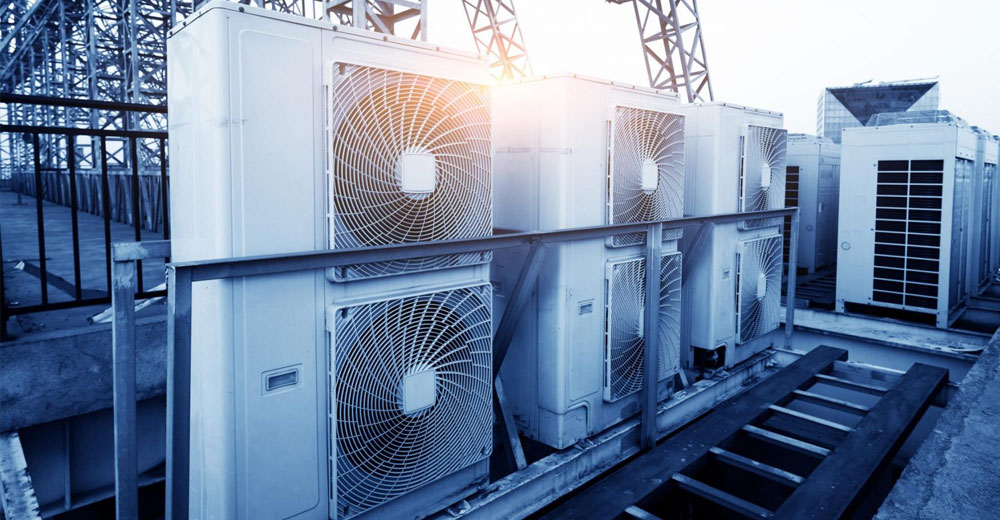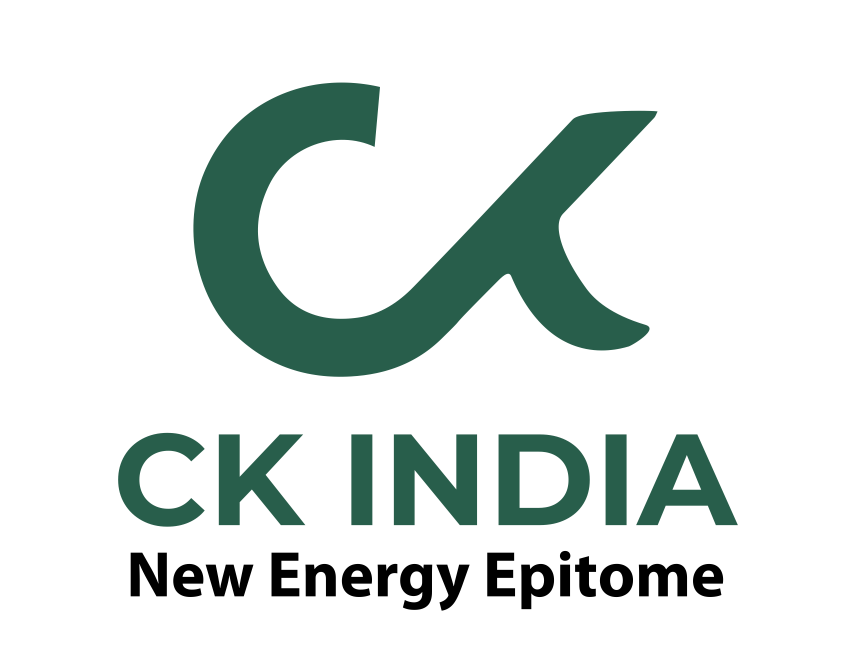Our Services
Services
Turnkey HVAC Solutions
Turnkey HVAC Solutions refer to comprehensive heating, ventilation, and air conditioning (HVAC) services provided by a single provider, from initial planning to final installation and ongoing maintenance. The “turnkey” aspect means the client receives a fully functional HVAC system with minimal involvement throughout the process.
Key Aspects of Turnkey HVAC Solutions:
1. Initial Consultation and Assessment:
- Site Evaluation: A thorough inspection of the building or facility to understand its layout, heating and cooling needs, and specific requirements.
- Load Calculation: A detailed analysis of the heating and cooling load based on factors like building size, insulation, occupancy, equipment, and local climate.
- Energy Efficiency Goals: The provider helps the client set energy-saving objectives, such as reducing utility bills or achieving green certifications.
2. Design and Planning:
- System Design: Based on the assessment, the HVAC provider will design a customized system that optimally fits the building’s needs. This includes selecting appropriate equipment like air conditioners, heat pumps, boilers, and ventilation systems.
- Ductwork & Piping: Planning of the duct and piping layout to ensure the efficient distribution of conditioned air and proper ventilation.
- Smart Integration: Incorporation of smart technology, such as smart thermostats and building automation systems, for better energy management and ease of use.
3. Equipment Sourcing and Procurement:
- Brand and Model Selection: The provider will recommend and source quality HVAC units based on the client’s budget, energy efficiency requirements, and the latest technology.
- Energy-Efficient Solutions: Choosing energy-efficient equipment (e.g., inverter-driven units, variable refrigerant flow systems) to help reduce operating costs.
4. Installation and Setup:
- Professional Installation: Expert installation of all HVAC components, including air handling units, compressors, ductwork, piping, control systems, and more.
- System Calibration: Once installed, the system is calibrated to ensure optimal performance, with attention to airflow, temperature regulation, and humidity control.
- Integration with Existing Systems: In cases of retrofitting, the new HVAC system may need to be integrated with existing infrastructure.
5. Testing and Commissioning:
- System Testing: Thorough testing is conducted to verify that all components are functioning as intended, from air distribution to temperature regulation.
- Performance Metrics: Evaluation of the system’s performance in real-world conditions, checking for efficiency, air quality, and comfort levels.
- Adjustments: Any necessary adjustments are made to ensure peak performance and energy efficiency.
6. Training and Handover:
- Client Training: The provider trains the client or facility staff on the operation and basic maintenance of the HVAC system, including the use of smart controls, temperature settings, and maintenance schedules.
- Documentation: The client receives detailed manuals and warranty information for the installed systems.
7. Maintenance and Support:
- Ongoing Maintenance Contracts: The provider offers scheduled maintenance services to ensure the HVAC system runs efficiently, extending its lifespan and preventing costly breakdowns.
- Repairs and Troubleshooting: In case of system issues, the provider can be called upon to conduct repairs, often as part of a service agreement.
- Performance Monitoring: Some turnkey HVAC providers offer remote monitoring services to track system performance and anticipate issues before they arise.
Common Applications of Turnkey HVAC Solutions:
- Commercial Buildings: Offices, shopping malls, and restaurants require complex HVAC systems to manage large spaces, varying occupancy, and comfort levels. Turnkey providers can design efficient, scalable systems.
- Industrial Facilities: Manufacturing plants, warehouses, and factories require HVAC systems that maintain air quality, temperature, and humidity at optimal levels for both employee comfort and equipment functionality.
- Residential Homes: Larger homes or custom-built residences benefit from turnkey HVAC solutions to ensure efficient heating and cooling in multi-zone systems.
- Hospitality: Hotels, resorts, and large event spaces need turnkey HVAC systems to ensure a comfortable environment for guests while maintaining operational efficiency.
- Healthcare Facilities: Hospitals and clinics need specialized HVAC systems that manage infection control, ventilation, and temperature stability in various areas.
Conclusion:
Turnkey HVAC solutions are ideal for businesses, property developers, and homeowners who want a seamless, professional approach to heating, ventilation, and air conditioning. By offering a comprehensive service that includes design, installation, and ongoing maintenance, turnkey providers ensure energy efficiency, system longevity, and comfort with minimal effort from the client. Whether for residential, commercial, or industrial projects, turnkey HVAC solutions provide peace of mind with professional expertise and streamlined service.


Advantages of Turnkey HVAC Solutions:
- One-Stop Solution:
- Clients benefit from working with a single provider who handles everything from design to maintenance, eliminating the need to coordinate with multiple contractors.
- Expertise and Customization:
- A turnkey HVAC provider brings extensive experience in system design and installation, ensuring that the solution is perfectly tailored to the client’s needs.
- Efficiency and Cost Savings:
- The provider will optimize the system for maximum energy efficiency, leading to reduced utility costs over the life of the system.
- Energy-efficient designs may also be eligible for rebates or tax incentives, providing additional savings.
- Time-Saving:
- Since the turnkey solution involves all stages of the HVAC project, it can save clients time that would otherwise be spent managing different vendors, timelines, and installations.
- Reduced Risk:
- Since a single company handles the project from start to finish, the risk of delays or mistakes due to miscommunication or errors between different contractors is minimized.
- Warranty and Support:
- Turnkey providers often offer comprehensive warranties on both the equipment and the installation, along with ongoing support and maintenance services.
